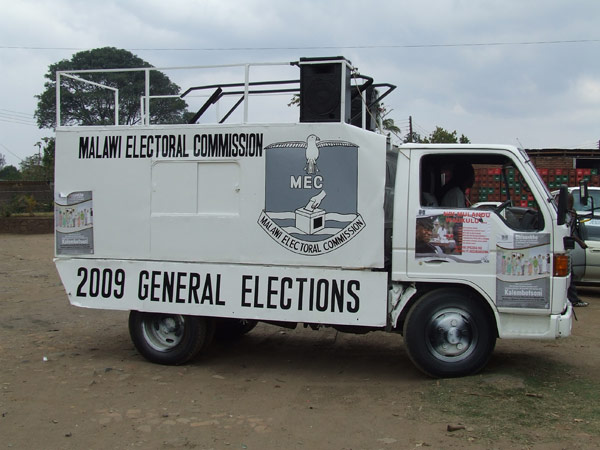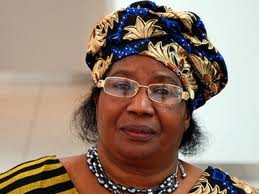Petitioners on Section 65 will have to wait until the next meeting of Parliament for the Speaker to make a ruling.
This is in keeping with Standing Orders which stipulate that the speaker can only make the decision in the Chamber.
Part of Standing order 46 sub section 1 stipulates that “the Speaker shall give a ruling on an appointed date, known to the member or party and the petitioner, on the petition in the Chamber.”
Asked on this provision, Chimunthu Banda said,” that’s what the law says, and a ruling can only delivered in the Chamber. The seven days are for the concerned Mps to respond.”
The concerned MPs received the petitions on Friday to defend themselves.
The petitioners are the Democratic Progressive Party (DPP) and the United Democratic Front.
The DPP submitted a fresh petition with a minimum of seven grounds for each of the parliamentarians deemed to have crossed the floor by joining the ruling People’s Party (PP), which was not the case in an earlier petition.
Last week, the Speaker of Parliament, Henry Chimunthu Banda, came under intense pressure from the DPP and some members of the general public to declare vacant seats of Members of Parliament deemed to have crossed the floor.
However, the Speaker threw away the petition arguing that in law ” he who alleges must prove” and ordered DPP to provide evidence to substantiate their claims before he could make any ruling.
However, in the DPP petition signed by its leader in parliament George Chaponda who is also a lawyer by profession, outlined a minimum of seven grounds to each Mp while the highest Mp got 10 grounds.
Some of the grounds in the petition are that:”You have voluntarily ceased to be a member of the Democratic Progressive Party and you have been seen both in and outside Parliament on PP’s regalia ie PP badges, scarfs, caps.”
Others were that the targeted mps addressed meetings in their constituencies and informed both constituents and DPP committees that they were now PP members.
“Parliament Hansard of the 24th of May 2012 indicates the Speaker’s acknowledgement of receipt of a letter from you and the PP leadership informing him of your defection to the PP.
“DPP has been having party caucuses which all its MPs were invited to attend but you voluntarily chose not to attend any, instead you have been attending PP caucuses,” outlines the petition.
The other ground was, ” As per parliamentary sitting arrangement, the right side is for the government MPs whilst the left is for the opposition MPs. In this case you are sitting on the government side.”
Chaponda who confirmed of the development in an interview, indicated in the petition that it was against the outlined grounds that the DPP petitioned the Speaker that the concerned Mps have crossed the floor within the meaning of section 65 of the constitution of Malawi and part 19, Rule 46 of the Standing Orders of the National Assembly adopted by the House on 2nd May, 2003.
He concluded by asking the affected Mps to respond to the Speaker within a period of seven days from Thursday.
In their earlier petition, the DPP just indicated rule 46 of the Stand
ing Order and the Supreme Court ruling on the matter as evidence of their claims which the Speaker felt needed to be substantiated.
“I would like to draw your attention to Section 65 of the Republic of Malawi and part 19, Rule 46 of the Standing Order of the National Assembly adopted by the House on 2nd May 2003 relating to crossing of the floor by Members of parliament.
“Furthermore, to the decision made by the Supreme Court on the Presidential referral in Section 65…….. the letter read in part.
Part of the Supreme Court ruling on Section 65 says, “In our view, a member of the National
Assembly who was elected under a party’s ticket and voluntarily decides to resign from that party thereby becoming independent or declaring himself or herself independent and later joins another party, whether that party is represented in the National Assembly or not, crosses the floor.
Another point that was clarified by the court is the appointment of members of parliament from opposition parties into cabinet.
“We agree that the mere acceptance of a ministerial position does not render the appointee member of the National Assembly to have crossed the floor.
“Having said this, we also agree that the conduct of the concerned member of the National Assembly, after his or her said appointment, is relevant to determine whether he or she has voluntarily ceased to be a member of the party under whose ticket he or she was elected to the National Assembly. The Speaker would have to make his decision based on the facts before him in each individual case,” the ruling indicated.

.jpeg&w=60&q=100&h=60)




.jpeg&w=60&q=100&h=60)





